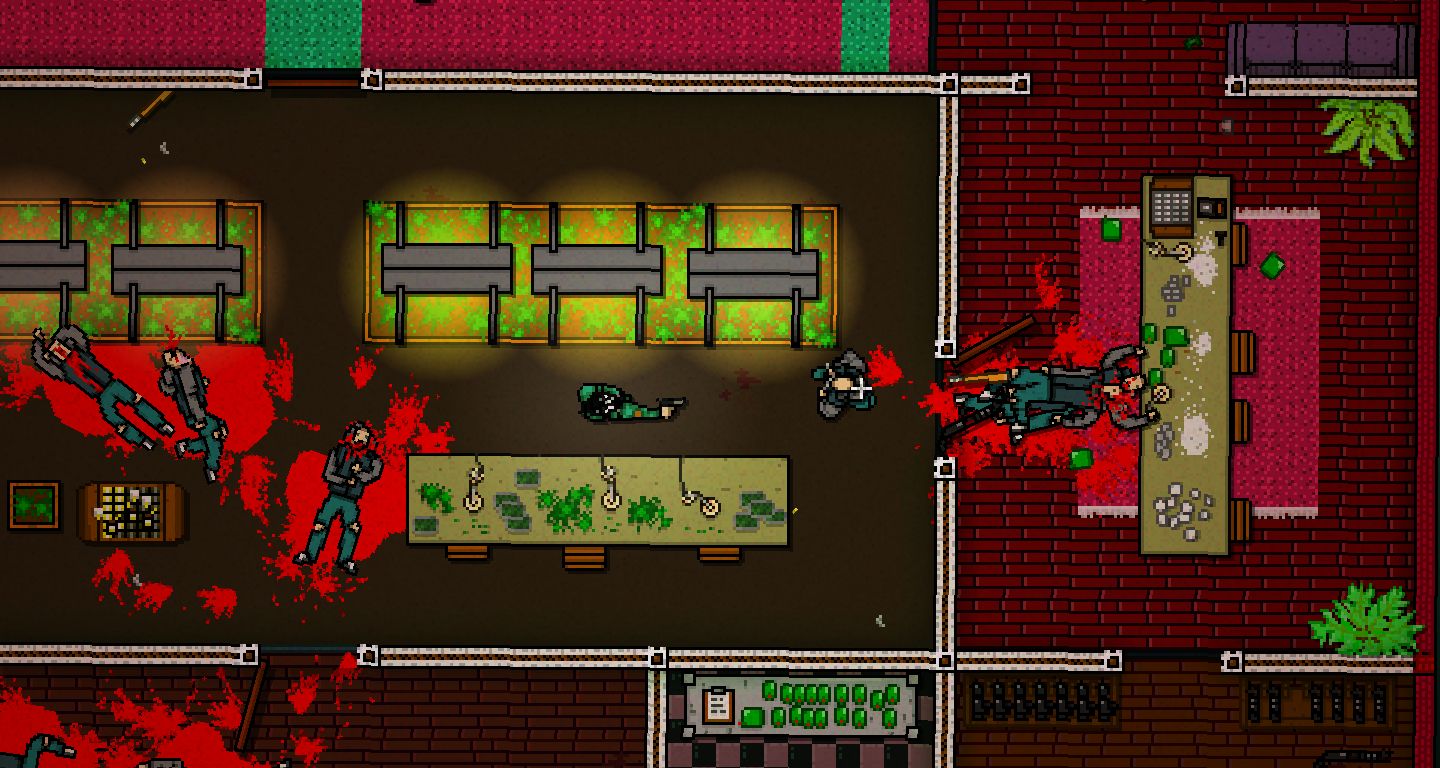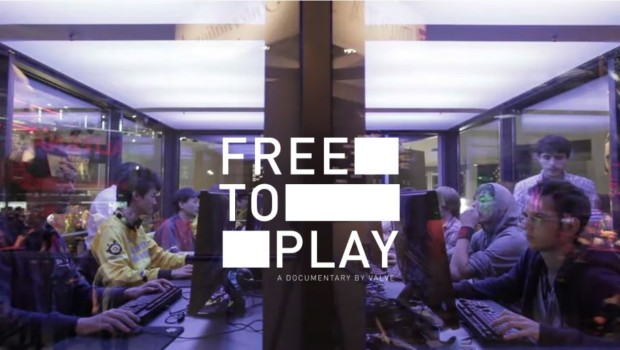***super super duper trigger warning: rape, victim shaming, assholes***
Recently there has been a big debate about the depiction of rape in video games. I’ll recap quickly for those who haven’t heard. In the upcoming Tomb Raider game, there is a scene in which Lara Croft has to defend herself against an oncoming attacker. Ron Rosenburg, the game’s executive producer, said in an interview that they have you defend Croft’s honor because she “hasn’t become a woman yet” And defense against this sexual advancement humanizes her, and “is even more enticing…than the more sexualized version of yesteryear.” When there was outcry against this, as people were upset for a number of reason, Karl Stewart, director of Crystal Dynamics, defended Rosenberg’s comment by saying “rape is not a word in our vocabulary.” Stewart went on to argue in the interview that because they never used the word rape when developing the scene where Laura has to defend herself from a sexually aggressive scavenger, then it doesn’t signify rape.
Obviously the responses to this are numerous and beyond my recounting here. The issue I want to get at is this idea that semantics is the way to hide the actions you take. Many people, not just Karl Stewart, thinks that if you don’t actually show a penis going into a vagina or asshole that it doesn’t count. No harm no foul. They can hint at all they want, they can design these situations where everyone who plays the games know exactly what the fuck is going on. But hey, at the last second they panned the camera to the shutters, so they aren’t really to blame.
The fact that Lara is able to defend herself against her would-be rapist does not change the fact that they CLEARLY set up a scenario where we as the player are to believe that she will be sexually attacked if we were to fail. The devs didn’t go as far as some video games in depicting it, but it really doesn’t matter. I know what’s not being said. They know what’s not being said. Everyone who plays that scene know what’s not being said. The semantics of this issue, just how much is shown or what word is used to describe it, doesn’t matter when everything in the scene is set up to depict a particular thing. Now, I’m not trying to get in an argument about whether it’s too much censorship to not be able to artfully suggest something without showing it. I’m not arguing that they shouldn’t have made the scene (though really, that’s how I feel). What I’m saying that they can’t hide behind the lack of the word “rape” as the reason why this scene isn’t about rape. Sometimes things are about what is not seen, the space between the words, or the silence between the sounds. And that is what is happening here.
Another example of this happening occurs all the time, with people I know inside and outside the gaming community. Purdue campus alerts get sent out when someone is attacked on or near campus. Often, rather than get into details, they call sexually motivated attacks, “sexual assaults.” I can’t imagine they would send a text alert that says, “woman was pushed down, and forcibly penetrated multiple times on campus today.” They are usually reacting quickly and trying to get the warning out. So before they know details, “sexual assault” is their cover. Yet many times when I am with people talking about incidents, they respond saying, “well, it wasn’t rape, it was sexual assault.” Um, I’m pretty sure that rape is a kind of sexual assault. And also, is that really where we should be focusing our attention when it comes to these issues? Parcing out how much someone had been violated? Because clearly that is what’s important here…
So I guess this is more rant-y than my normal posts. But really, wtf world?





3 thoughts on “Semantics and Silence: What is “Rape” in a Video Game? *trigger*”
I think I get what you’re saying but I’m confused about how offensive the depiction of rape is supposed to be in video games. It’s ok for me to slaughter hundreds of people in a game but the suggestion of rape is over the line? Would it be ok if a game depicted a man being anally violated? If not, why is that worse than your character sneaking up behind someone and strangling them with piano wire? Don’t get me wrong. In reality, rape is a terrible, vicious crime. So is mass-murder. People are supposed to be able to separate the game from real life. Or is it the way designers dance around it rather than the act itself?
I have an answer to this question– but I want to see what others have to say before my author-ness quashes other opinions. Though, side note, what I’m really trying to talk about here, while it may not have come across, is the idea that obscuring what an act is called means that it is not that thing anymore. As if it’s ok to commit murder (to use your example) if we call it life-endingness. This wordplay happens all too often in “sexual assault” cases and it creates a foundation for people to argue that behaviors that may otherwise be seen as inappropriate are ok. Of course this happens constantly in our culture, but to my knowledge it has not really been explored in this context much.
But whether or not rape is worse to show in a game than murder (or why that seems to be the case) is a super prominent discussion that is fruitful. But yeah I want to see what others say first.
In the meantime, you should check out this video. I think it has some interesting points: http://www.escapistmagazine.com/videos/view/jimquisition/5972-Rape-vs-Murder